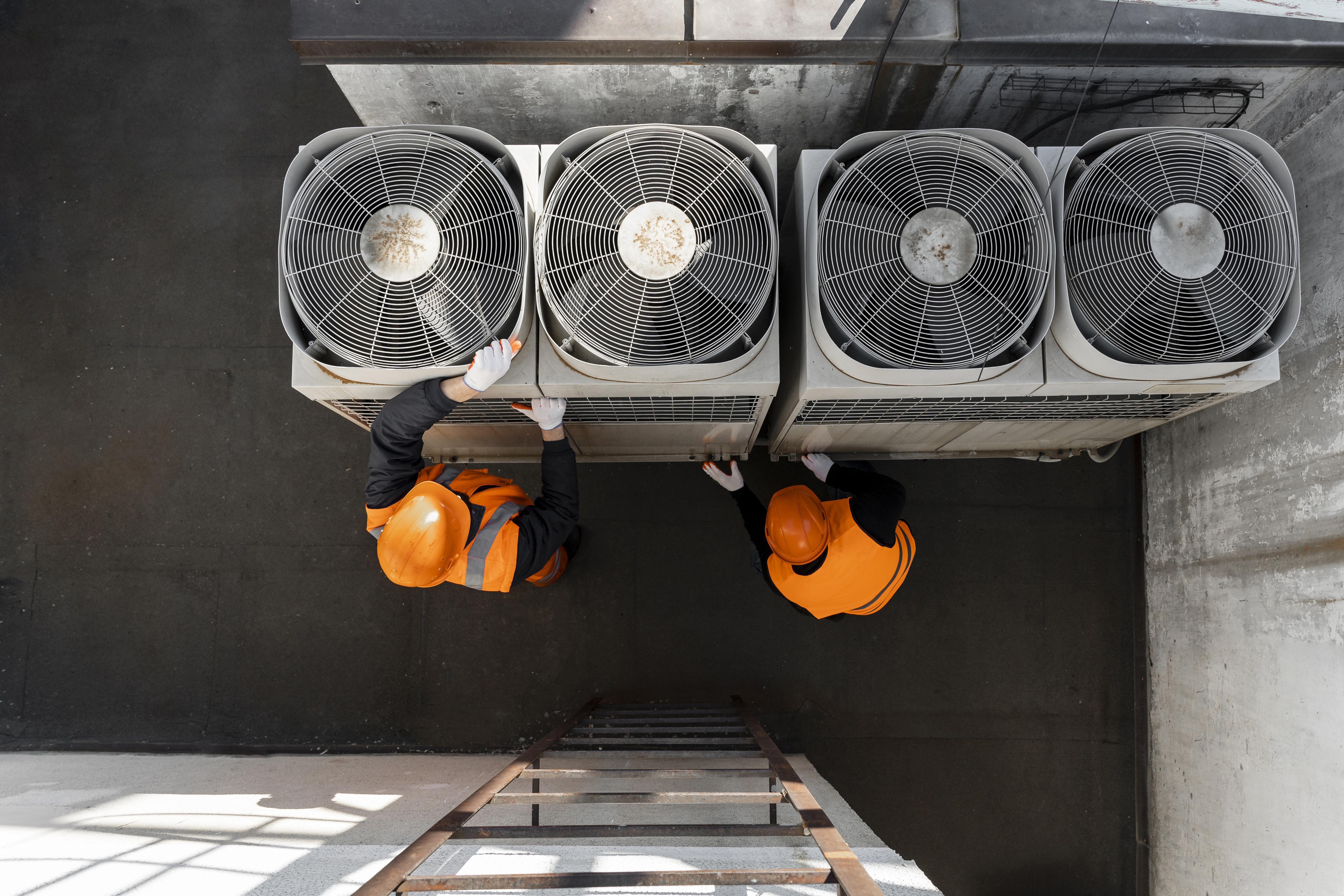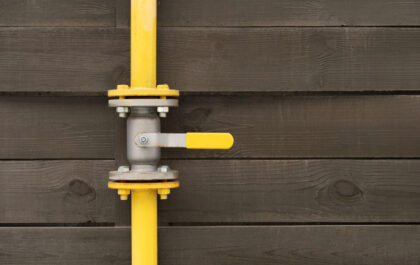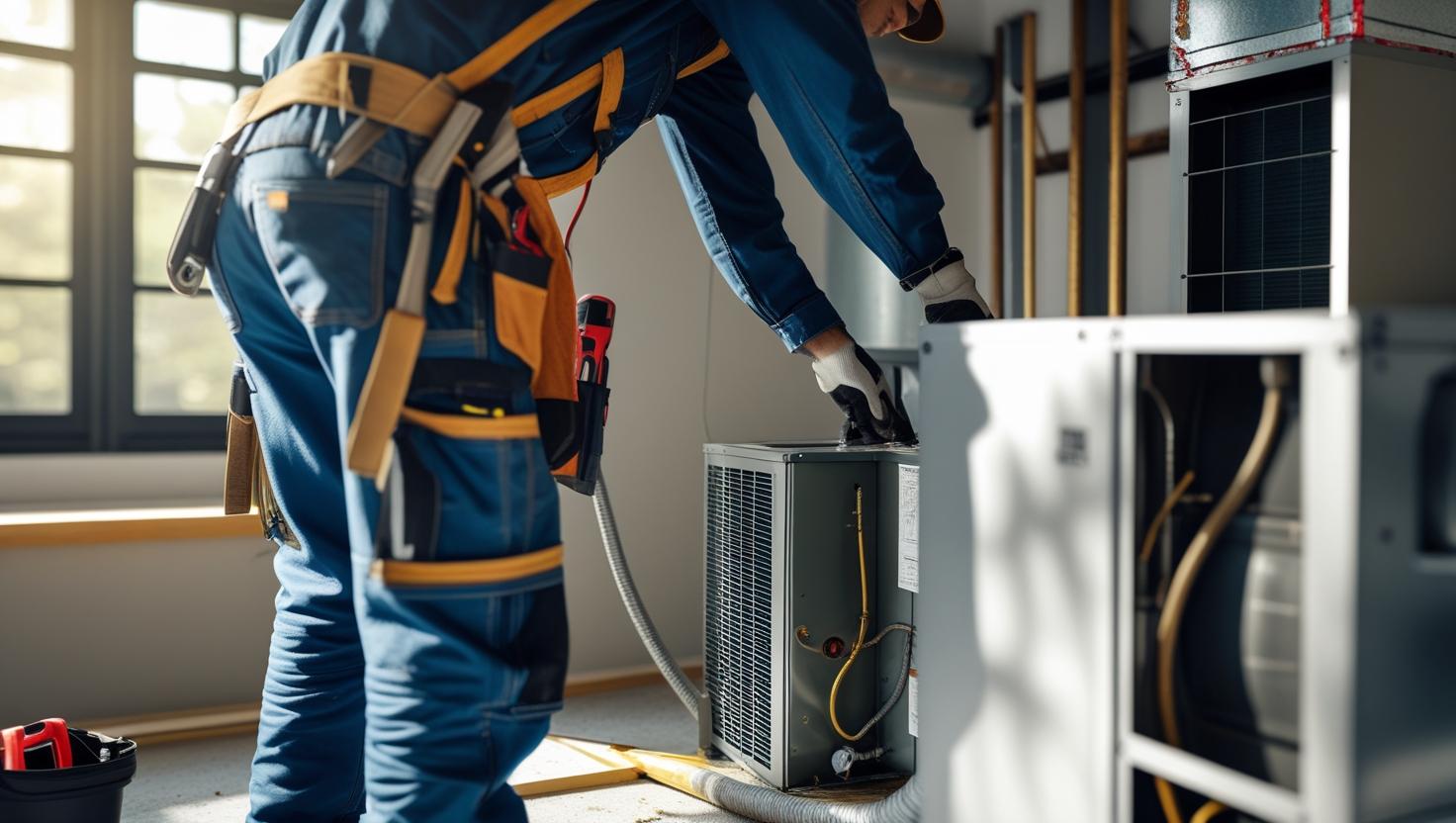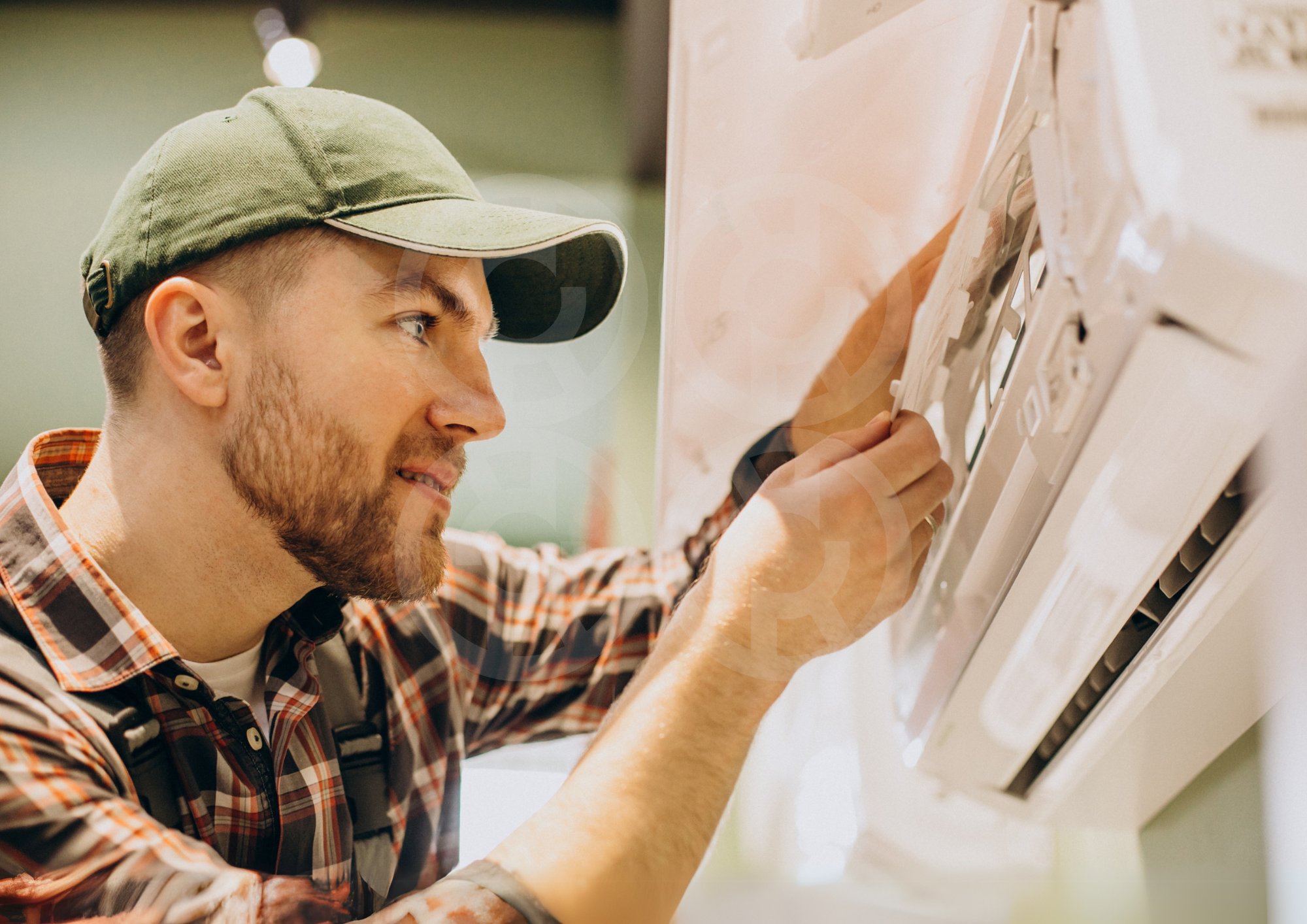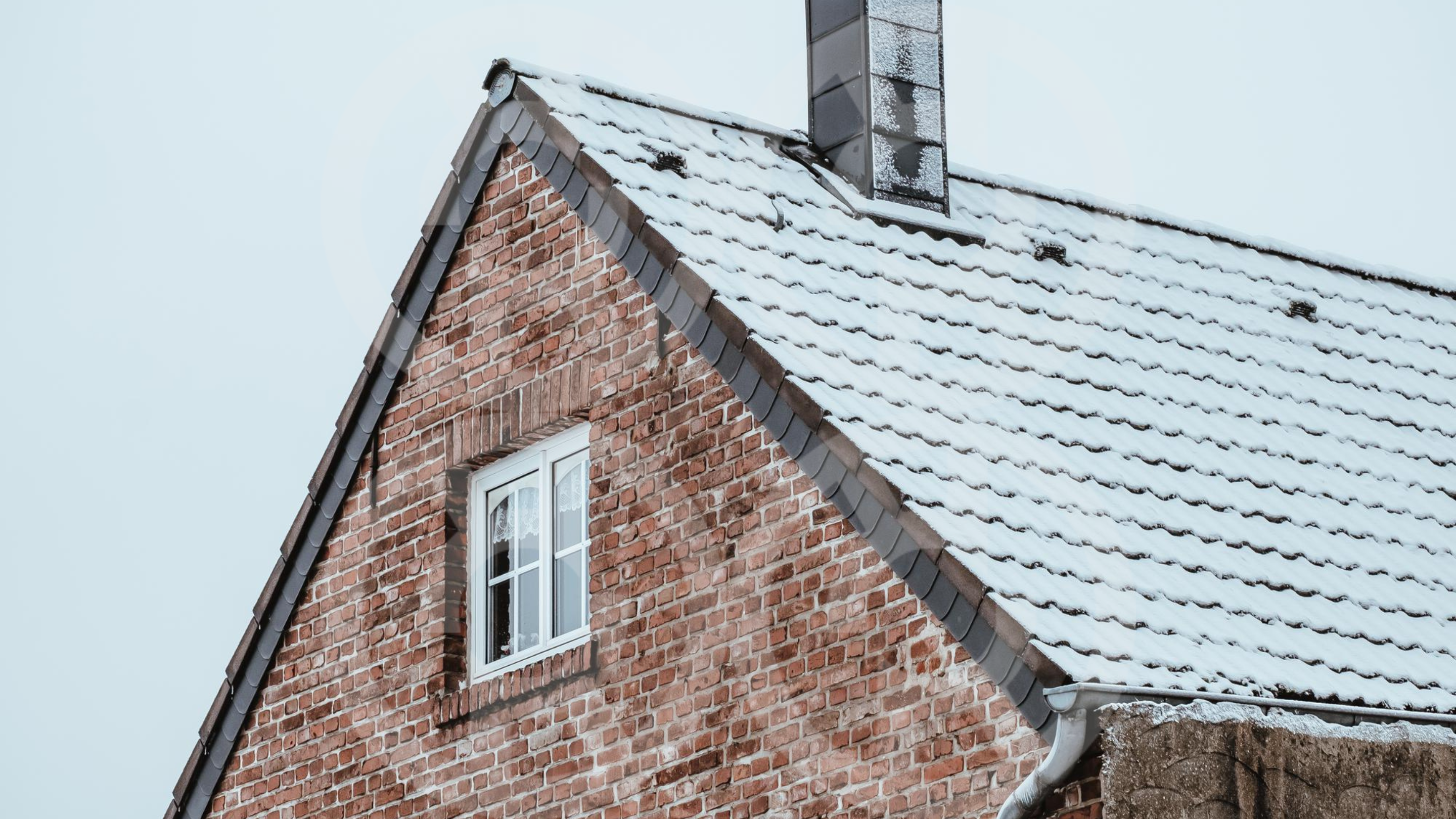If you’re wondering how much a new HVAC system costs in 2025, you’re not alone. For homeowners across the U.S., heating and cooling replacement is one of the biggest investments after buying a home. The cost of a new HVAC system fluctuates dramatically based on system type, size, efficiency, and even local labor rates. Is there an easy answer to the question “how much is a new HVAC system”? Not exactly, but armed with data, examples, and real market trends, you can make the right choice for your comfort and budget.
Let’s break down average HVAC system replacement costs, what influences pricing, and how to budget for your next upgrade – with insights directly for U.S. homeowners from Ready Remodel.
Average Cost of a New HVAC System in 2025
For most homeowners, the average cost for HVAC system replacement lands around $7,500, with most projects falling between $5,000 and $12,500. Add advanced filtration, zoning, or new ductwork, and top-end projects can climb to $22,000 or more. Whether you’re pricing a complete heating and cooling system, comparing HVAC unit costs by type, or budgeting for that long-awaited energy efficiency upgrade, understanding how these prices are made up will save you headaches – and often, cash.
New HVAC System Price Breakdown
Let’s take a closer look at the typical pricing for a full central heat and air installation:
| Item | Unit/Service | Estimated Cost |
|---|---|---|
| Central Heat & Air Unit | 1 system | $3,900 – $7,900 |
| Professional Labor | 1 contractor | $1,500 |
| HVAC Permit | 1 permit | $250 – $400 |
| Ductwork Installation (Optional) | 1 contractor | $3,500 |
| Home Insulation (Optional) | 1 insulation contractor | $1,500 |
| New Thermostat (Optional) | 1 device | $120 – $260 |
| Total (Basic) | $5,650 – $9,800 | |
| Total With Options | $10,770 – $15,060 |
Notice how costs build up – with each add-on or special feature, expect to pay more. That’s why getting line-item estimates matters.
HVAC Replacement Cost by System Type
System choice completely alters your bill. Whether you need full central air and heating, a ductless mini-split, or something specialized, here are current price ranges:| System Type | 2025 Replacement Cost |
|---|---|
| Ductless Mini-Split AC | $2,000 – $14,500 |
| Window AC Unit | $150 – $550 |
| Whole-House Fan | $900 – $3,600 |
| Central Air Conditioning | $3,900 – $7,900 |
Major System Types in Detail
- Ductless Mini-Split AC – Perfect if you’re adding climate control to a home addition or finished basement. Expect to pay more per “zone.”
- Window AC Unit – Ideal for smaller apartments or as a DIY solution, with the lowest average new HVAC unit cost.
- Whole-House Fan – Lower cost, great for temperate areas, but not a full HVAC replacement.
- Central Air Conditioner – Average price for new central air units covers most homes between 1,200 and 2,500 sq. ft.
What Are the Prices for Different Types of Furnaces in 2025?
Heating makes up the other half of your HVAC investment. Costs vary widely depending on the fuel source, system size, and brand:| Furnace Type | Average Replacement Cost |
|---|---|
| Electric | $1,700 – $7,100 |
| Gas | $3,800 – $10,000 |
| Oil | $3,800 – $10,000 |
Heat Pump Costs: The 2025 Update
As more homes go electric, heat pumps are surging in popularity. Wondering about the price for these increasingly common systems?
| Type | Average Install Cost |
|---|---|
| Standard Heat Pump | $4,200 – $7,600 |
| Geothermal | $4,500 – $24,500 |
| Air Source | $4,500 – $8,000 |
| Hybrid/Electric | $2,500 – $10,000 |
| Solar-Assisted | $18,000 – $39,000 |
This cost variation is big because advanced systems and ground-source loops involve extensive installation. It takes careful planning – but rebates and utility savings are often available.
Boilers: Average Cost for New Installation
If your home uses steam or hot water heating, boiler prices are crucial. In 2025, here’s what to expect:
| Boiler Type | Description | Avg. Replacement Cost |
|---|---|---|
| Oil | Oil-fueled, classic steam/hot water | $4,800 – $9,000 |
| Gas/Propane | Efficient for colder climates | $2,800 – $9,000 |
| Electric | Easy installation, lower up-front | $1,800 – $8,000 |
| Wood | Renewable, less common | $2,500 – $10,000 |
One Ohio customer recently explained that converting to a high-efficiency gas boiler – though initially costly – meant much lower monthly bills starting the very first winter. Sometimes, shelling out for the latest technology pays off faster than expected.
Average Cost of HVAC Replacement by Home Size
It may surprise you, but newer, energy-smart homes often need a smaller system than older, drafty ones. Yet, here’s a big-picture breakdown:
| AC Size | Home Square Footage | Avg. AC Unit Cost* |
|---|---|---|
| 1.5 tons | 600 – 1,000 | $2,000 |
| 2.5 tons | 1,000 – 1,600 | $2,900 |
| 3 tons | 1,600 – 2,000 | $3,000 |
| 3.5 tons | 2,000 – 2,500 | $3,500 |
*Labor not included
Furnace Sizing by Home Size
| Unit Size (BTUs) | Home Size (Sq. Ft.) | Avg. Furnace Cost* |
|---|---|---|
| 40,000 – 60,000 | 800 – 1,200 | $2,000 – $4,500 |
| 75,000 – 100,000 | 1,500 – 2,000 | $2,500 – $5,900 |
| 120,000 – 140,000 | 2,500+ | $4,000 – $8,000 |
*Labor not included
It’s easy to assume bigger homes demand extra-large HVAC units, but many factors come into play. Home age, insulation, windows, and your local climate are equally important in determining the cost of a new HVAC system for your home.
Key Factors Impacting the Cost of HVAC Units
Wonder why quotes can differ by several thousand dollars for almost the same system type? Several behind-the-scenes details shape your total investment.
- System size and output (tons or BTU rating)
- Home layout and number of zones
- Type of equipment (central, ductless, heat pump, or hybrid)
- Brand and efficiency (SEER, AFUE)
- Labor costs – which are higher in big cities
- Permit fees and required inspections
- Extra needs: new ductwork, insulation, or smart thermostats
From Minneapolis to Phoenix, homeowners report that efficient systems and proper sizing save money year after year, not only on upfront HVAC new system prices but monthly utility bills.
Location and Installation Variables
If your HVAC unit is tucked away in a basement, attic, or closet, extra build-out costs of $1,000 – $2,500 are common. Roof installations in urban areas may sometimes cost more due to accessibility. Don’t forget, every home is unique – quotes from your local Ready Remodel experts will always factor in these details.
Optional Features That Affect Pricing
Today’s HVAC systems go far beyond a simple on/off switch. Additional services and upgrades are increasingly popular for efficiency and comfort.
| Additional Feature | 2025 Average Cost |
|---|---|
| Permits | $50 – $500 |
| Ductwork (per linear foot) | $15 |
| Insulation | $1,500 |
| Adding Zones | $2,000 – $3,000 |
| Thermostat Upgrade | $120 – $260 |
| Advanced Features (air purification, zoning, etc.) | $400 – $2,800 |
| Asbestos Removal | $1,200 – $3,100 |
| Removal/Disposal of Old System | $60 – $500 |
It’s easy to see how “extras” can quickly grow your bottom line. Still, efficient upgrades cut operating costs long-term. Many homeowners find high-SEER or AFUE models pay for themselves over the first few years of use.
Should You Do It Yourself or Hire a Pro?
With the average labor cost for HVAC installation at $1,500, some homeowners wonder – should I DIY this? For anything beyond a single window AC, it’s almost never advisable. Professionals handle refrigerants safely and can catch tricky design issues that could spike your energy bill or void your brand-new warranty.
You might save $60 to $300 by self-installing a small window unit. For all other systems, using a licensed HVAC contractor is the only way to guarantee compliance with local codes and ensure your system operates efficiently for years to come.
Ways to Save on the Cost of a New HVAC System
Looking to trim the price of your new heating and air conditioning system? Here are practical strategies from Ready Remodel’s experts:
- Install off-season – spring or fall can bring lower prices and faster scheduling
- Compare manufacturers and ask about rebates for high-efficiency models
- Upgrade ductwork and insulation for better performance (many local programs help cover the cost)
- Consider heat pumps or whole-house fans in temperate zones
- Discuss zoning, which lets you fine-tune temperatures and reduce utility bills
- Research available local incentives for energy-efficient heating and cooling systems
As one Pennsylvania homeowner found, the right program literally saved thousands on their heating and cooling unit cost – well worth a few extra phone calls!
FAQs: Everything You Need to Know About HVAC System Costs
How long do new HVAC units last?
Repair or replace my HVAC system?
Is it cheaper to replace both furnace and AC at once?
How much is maintenance for a heating and cooling system?
How long does replacement take?
Conclusion: Plan Your 2025 HVAC Upgrade with Ready Remodel
So, how much does a new HVAC system cost in 2025? The real answer: it depends – on your home, your local market, and which features matter most to you. But with a clear budget and the right guidance, choosing and installing a new heating and air conditioning system can be smooth, cost-effective, and tailored for decades of worry-free comfort.
Need a custom estimate for your home? Contact Ready Remodel for a personalized quote and expert advice on getting the best value – and maximum comfort – this year.
